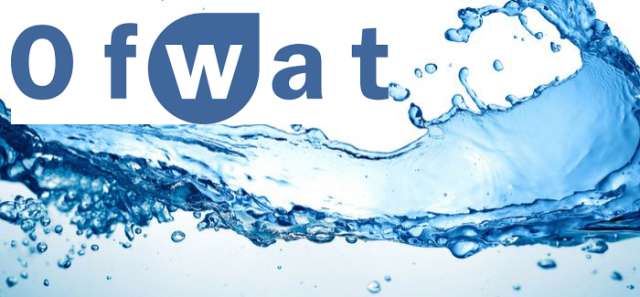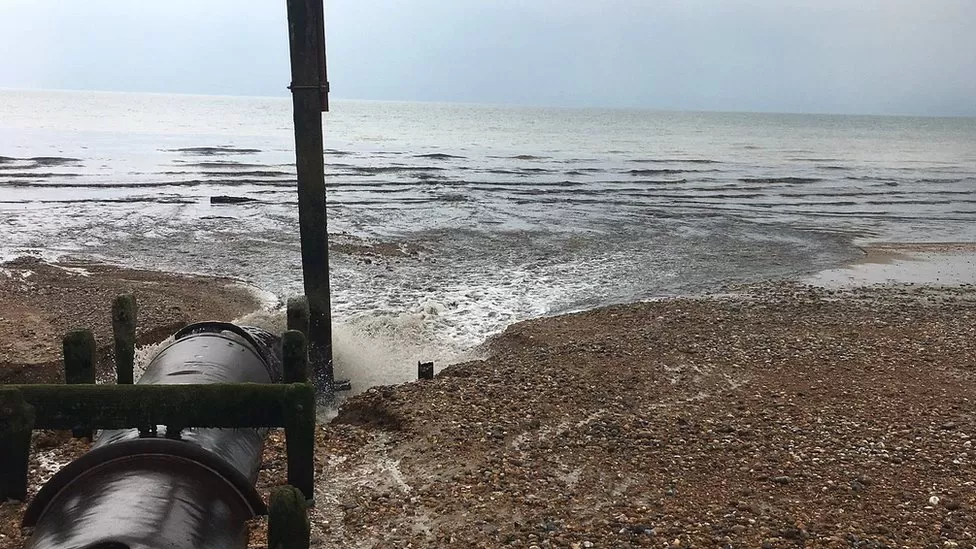In the face of rising public outrage over contaminated water, privately owned enterprises have apologized for the volume of sewages dumped into rivers and seas. Some activists have cautiously applauded the change, while others claim that businesses are passing the expense on to consumers.

Feargal Sharkey, a musician and ecological activist, dubbed it as “half apology” and another ploy to make more money from consumers. “What I am actually hearing is no apology, for the fact we have paid them for a service we haven’t got, they are now suggesting we pay them a second time for a service we haven’t had,” Sharkey said.
“We should have an apology, for the suggestion they are going to put bills up by £10bn for their incompetence and their greed. This is nothing to celebrate,” Sharkey fumed.
Following significant rainfall, companies have been occasionally permitted to dump sewage into oceans, and lakes in order to avoid the system from becoming overpowered and pushing back sewages to households. However, advocates have long claimed that, these leaks do occur far too frequently. In 2022, raw sewage was thrown into rivers and seas for 1.75 million hours, averaging 825 times per day.
Raw waste contains bacteria such as E.coli and viruses such as hepatitis, both of which could be dangerous to both animals and people. Swimming in untreated sewage-contaminated water could amount to serious illnesses, such as stomach upsets that cause diarrhoea and vomiting, as well as respiratory, skin, ear, and eye infections.
Sewage contamination also causes kidney problems and death in wildlife, including fish and insects. Water UK, the body which represents England’s nine water and sewage firms, apologized on the industry’s behalf for not “acting quickly enough.”
“We’re sorry about the upset and anger from the fact that, there have been overspills of untreated sewage onto beaches, and into rivers over the past few years,” said Ruth Kelly, chairwoman of the organization. “We’re sorry that we didn’t act sooner, but we get it,” she added.
Environment Agency chairman Alan Lovell accepted the companies’ apology, but said he wanted to “see action and a clear plan for delivery”. The companies stated that, they were prepared to spend £10 billion gathered from investors to address the issue, but consumers could see a “modest” increase in rates, as corporations sought to redeem the costs over time.

Moreover, water regulators, Ofwat, stated that, it will analyze the promise to determine the impact on consumers, before expenditure began. Water companies have to invest much to decrease sewage spillage in a variety of methods, including expanding the capacity of the sewage system, separating rainwater and wastewater, and building ecosystems such as tree planting, that absorbs water.
However, the water firms have come under scrutiny for proposing that, bills could be hiked to pay for this investment while still dishing out profits to investors.
English water corporations have paid out more than £2 billion per year on average to shareholders, since privatization began three decades ago. Customer have seen their rates climb 7.5% since April, which water companies blamed on rising energy expenses.
According to Downing Street, water firms should prioritize “consumers over profits.” Apologies from water corporations were welcomed, but more needed to be done, spokesman to the deputy Prime Minister said.
“And we’ve been clear throughout that we don’t want to see things disproportionately impacting customer bills, especially given we know that there are people up and down the country who are struggling with the cost of living, which is why we provided the help we have in that area,” the spokesman averred.






















